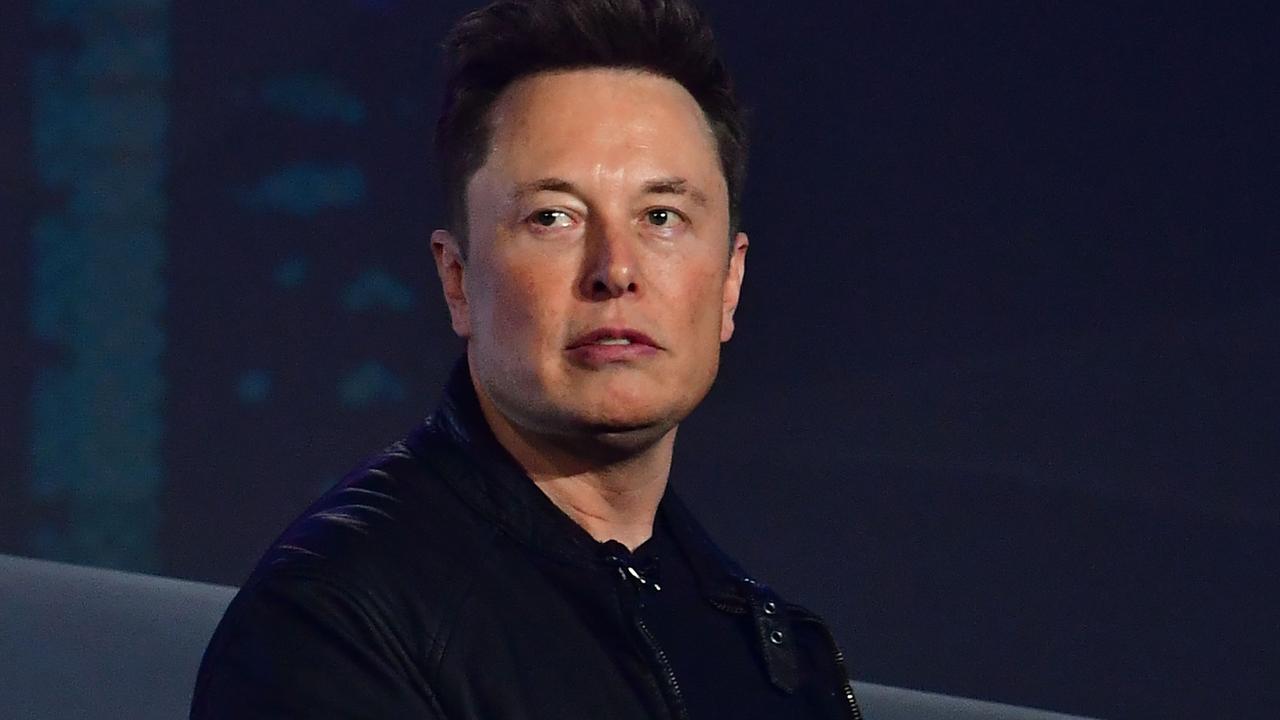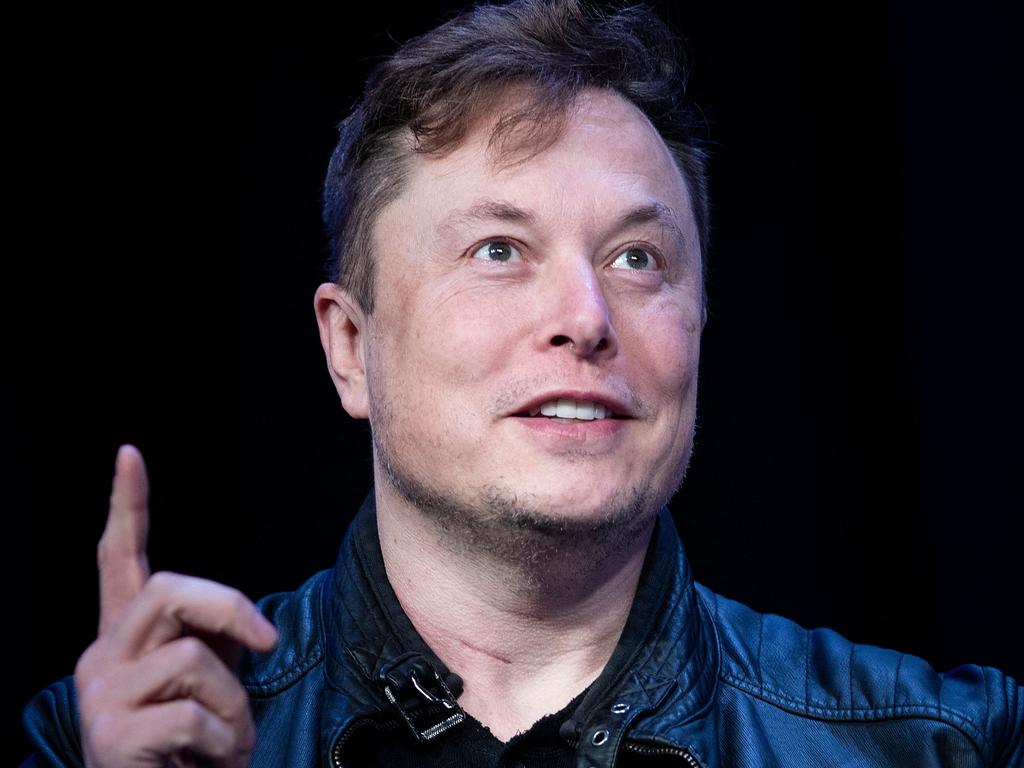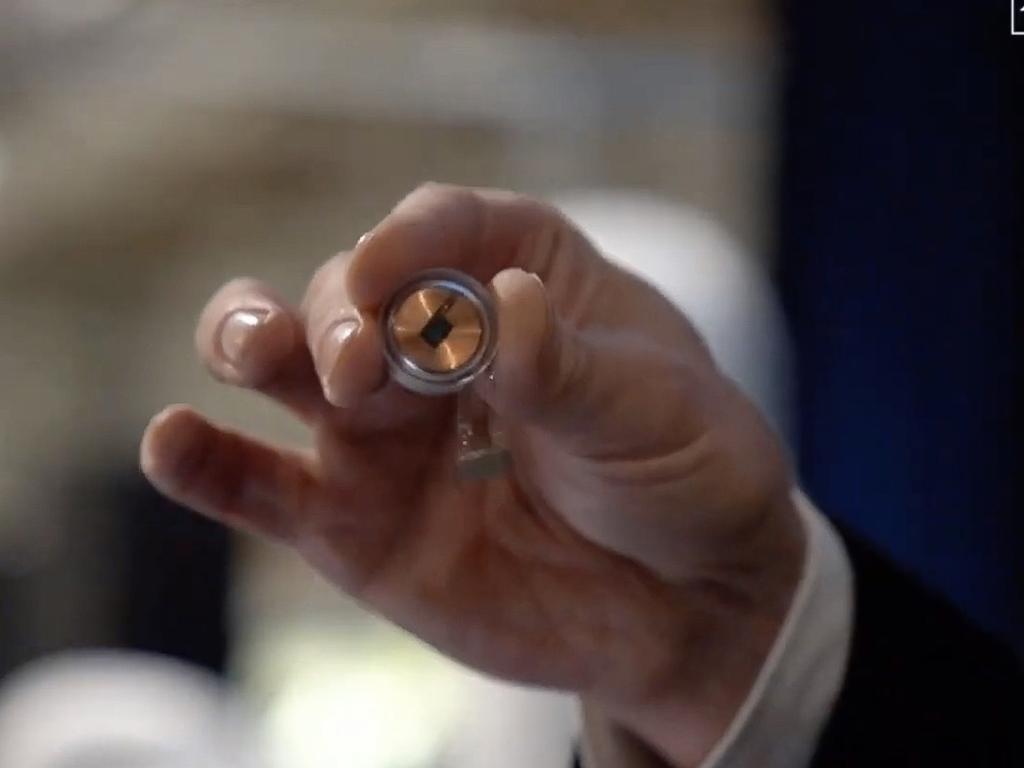Elon Musk’s surprising claim about his children during Neuralink Q&A
Elon Musk shocked attendees at a recent Q&A event when he made a stunning comment about implanting a chip into his kid’s brains.

World
Don't miss out on the headlines from World. Followed categories will be added to My News.
Elon Musk has said he would be comfortable implanting a Neuralink chip into his kids’ brains.
The tech billionaire made the comments at a Q&A session for a Neuralink event, The Sun reports.
“If you ask a question like, in my opinion, would I be comfortable implanting this in one of my kids or something like that at this point,” he began.
“If they’re in a serious … like, let’s say if they broke their neck, would I be comfortable doing it? I would,” he added.
“We’re at the point where, at least in my opinion, it would not be dangerous,” Musk concluded.

The Neuralink event took place on Wednesday night at the company’s headquarters in San Francisco, California.
At the event, the CEO spoke about Neuralink’s brain chips’ benefits in helping people with disabilities and other issues, like loss of vision.
“Even if someone has never had vision, ever, like they were born blind, we believe we can still restore vision,” Musk said.
The SpaceX founder also revealed that he would implant his own brain with a Neuralink chip.
As of right now, the company has not moved forward with human trials, though they got approval from the U.S. government in 2021.
“We want to be extremely careful and certain that it will work well before putting a device into a human,” Musk said.
Neuralink’s journey
Musk co-founded Neuralink in 2016 and has long been about the technology’s potential to help people with paralysis.

It “will enable someone with paralysis to use a smartphone with their mind faster than someone using thumbs,” Musk has said in the past.
The billionaire CEO has also promised that later versions of the brain chips “will be able to shunt signals from Neuralinks in the brain to Neuralinks in the body motor/sensory neuron clusters, thus enabling, for example, paraplegics to walk again.”
To date, the Silicon Valley company has successfully implanted artificial intelligence (AI) microchips in the brains of a macaque and a pig.
However, unlike major competitor Synchron, the company has yet to launch its clinical trials after announcing them earlier this year.
Neuralink has also come under hot water for the death of 15 monkeys that it used in its animal trials.
One agency, the Physicians Committee for Responsible Medicine, even filed a complaint against Neuralink for subjecting monkeys to abuse earlier this year.
Since the complaint went public, thousands have taken to social media platforms to call out Musk.
“Every article I read about Elon Musk is about how one of his ventures was a disastrous failure. SpaceX explosions, Tesla crashes (and explosions), that stupid tunnel, and now NeuraLink monkeys dying. He is not an innovator he is a guy who tweets,” one user wrote on Twitter.
“Tesla cars kill people and run stop signs. His satellites are falling out of orbit. Neuralink killed most of the monkeys. I’m beginning to think Elon Musk sucks at this,” another user added.
“Hey @elonmusk. F**k your torturing of animals,” a third proclaimed.
This article originally appeared on The Sun and has been republished with permission.
Originally published as Elon Musk’s surprising claim about his children during Neuralink Q&A








